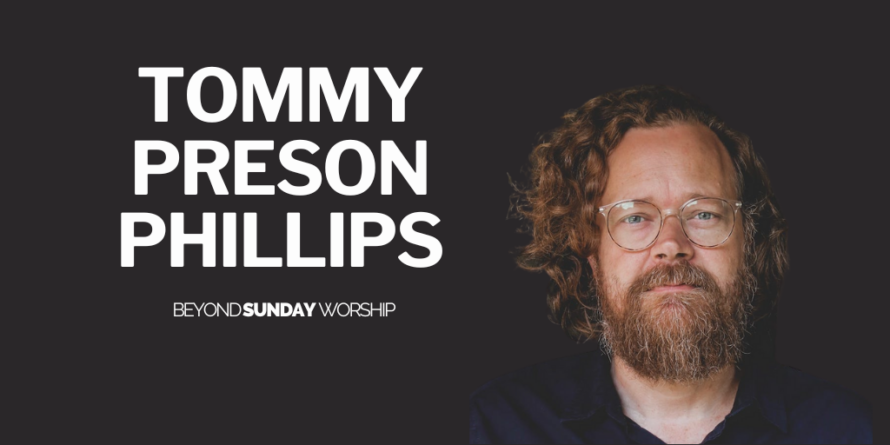
 Beyond Sunday Worship Leader Podcast
Beyond Sunday Worship Leader Podcast #341: Tommy Preson Phillips on Why People Are Leaving The Church To Look For Christ
15 snips
Jan 2, 2025 Tommy Preson Phillips, a pastor at Watermark Church, musician, and author of 'Invisible Jesus,' shares his insights on why people are leaving the church. He discusses his personal deconstruction journey and warns that many evangelical churches lack genuine engagement. Tommy critiques the worship industry, highlighting its superficiality and the disconnect in modern mega churches. He advocates for authentic spiritual connections and meaningful worship music, urging leaders to embrace change and focus on Christ-like values.
Chapters
Books
Transcript
Episode notes
1 2 3 4 5 6 7 8
Intro
00:00 • 2min
Navigating Life as a Pastor and Musician
01:53 • 2min
Bridging Music and Spirituality Across Diverse Platforms
04:13 • 2min
Navigating Faith and Community Challenges
05:56 • 26min
The Evolution of Worship Music and Leadership
31:43 • 24min
The Courage to Disrupt: Embracing Change in Spiritual Leadership
55:51 • 2min
A Unique Approach to Worship Music in the Church
57:43 • 2min
Understanding Spiritual Practices and Their Impact
59:49 • 2min



